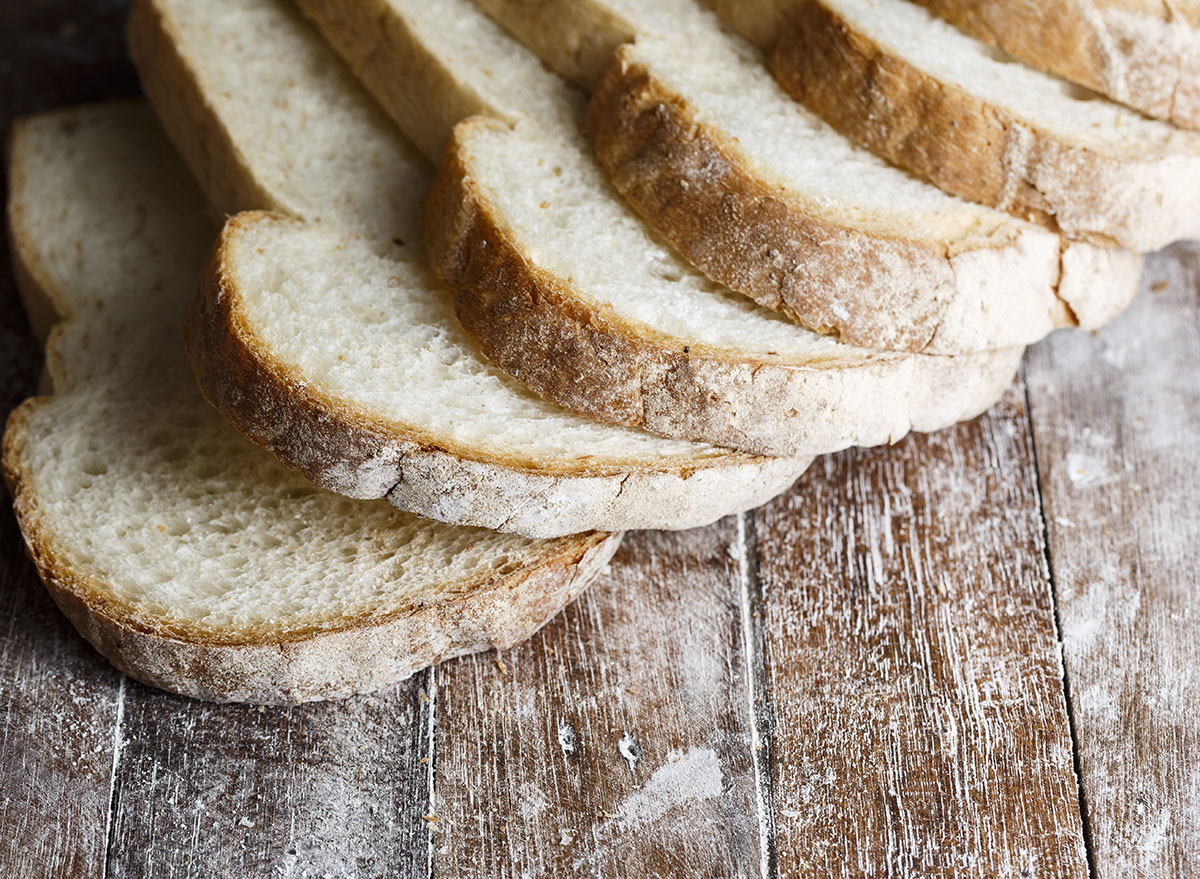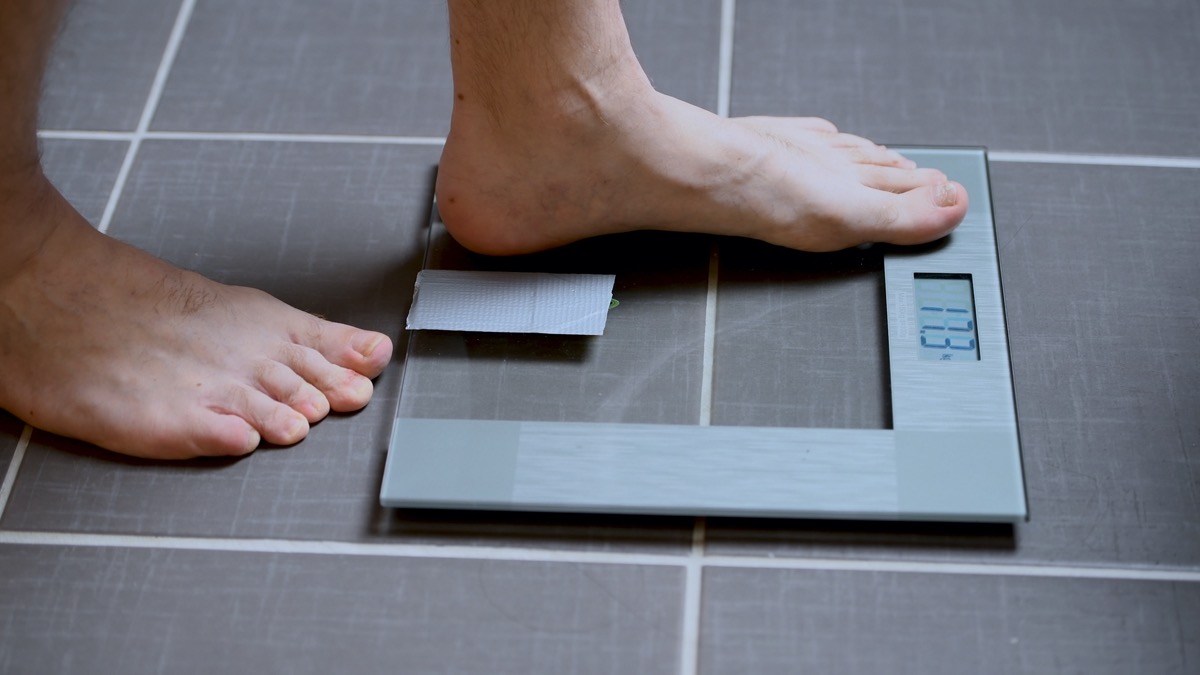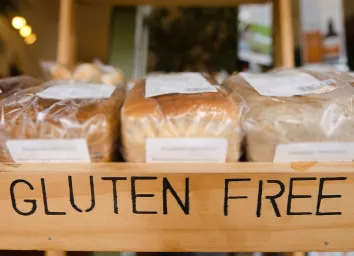Side Effects of Giving up Gluten, According to Science

May is Celiac Awareness Month, so we wanted to showcase some of the side effects—both favorable and unfavorable—that may occur when you give up gluten.
If someone has a gluten intolerance, that means they have adverse reactions to the main protein found in wheat, rye, and barley (gluten). While a sensitivity or mild intolerance affects many people, the worst case of gluten intolerance is celiac disease, an autoimmune disorder that impacts about 1% of the population. If left unaddressed, celiac disease could potentially damage the digestive system.
While some people are diagnosed with gluten intolerance or celiac disease during childhood, others may not know they have it until much later in life. If you think gluten is negatively affecting you, be sure to see your primary care physician or visit a gastroenterologist for testing. Read on four possible side effects of giving up gluten, then stick around for The 7 Healthiest Foods to Eat Right Now.
You could gain (or lose) weight.

Those who recently discovered they have celiac disease may experience nutrient deficiencies as a result of malabsorption of key vitamins and minerals, such as calcium, folate, iron, and vitamin D. If left untreated, it can even inhibit the body's ability to properly use carbohydrates and fats and for energy, which can lead to weight loss. A 2019 review published in the journal BMC Medicine found that a gluten-free diet could help malnourished celiac patients gain weight, as some gluten-free products tend to be high in vegetable fats.
Conversely, it could also help people lose weight. According to a 2010 study, a gluten-free diet helped adults who were newly diagnosed with celiac disease to normalize their weight. More specifically, those who were overweight dropped pounds, while those who were underweight added pounds. The key is to make sure you're not eating a lot of processed, gluten-free snacks that are high-in-fat and low in nutrients.
Need some snack inspiration? Check out the 6 Best Gluten-Free Flour Alternatives, According to Dietitians.
You could become constipated.

Unfortunately, giving up gluten means you also give up whole grain bread products, which often supply a substantial amount of fiber. Because gluten-free bread or bakery items don't contain nearly as much fiber, it's important to source fiber from plant-based foods, such as beans, legumes, nuts, seeds, or even whole-grain, gluten-free bread. Otherwise, you could find yourself constipated on a regular basis.
You could reduce your intake of key vitamins and minerals.

If you're gluten-sensitive or intolerant, it's likely that you were still able to absorb key nutrients from foods, unlike those who didn't know they had celiac disease and continued to eat gluten-containing foods. When switching to a gluten-free diet, it's possible that you could miss out on B vitamins, iron, and other micronutrients found in wheat-based products. A gluten-free cereal, such as one of Nature's Path Cereals, is fortified with key nutrients.
An even better idea? Up your intake of fresh fruits and vegetables, fish, and legumes that are naturally rich in B vitamins. Examples include avocado, chickpeas, salmon, and spinach.
It may reduce inflammation

One of the most common signs of gluten intolerance is inflammation, which can cause result in digestive discomfort (think constipation or diarrhea) or even joint and muscle pain. By removing the source that's causing inflammation in the body, you may begin to have regular bowel movements again, as well as a reduction in joint and muscle pain. There's even a connection between gluten and arthritis!
For more, be sure to check out How to Eat Gluten-Free at Your Favorite Chain Restaurants.








